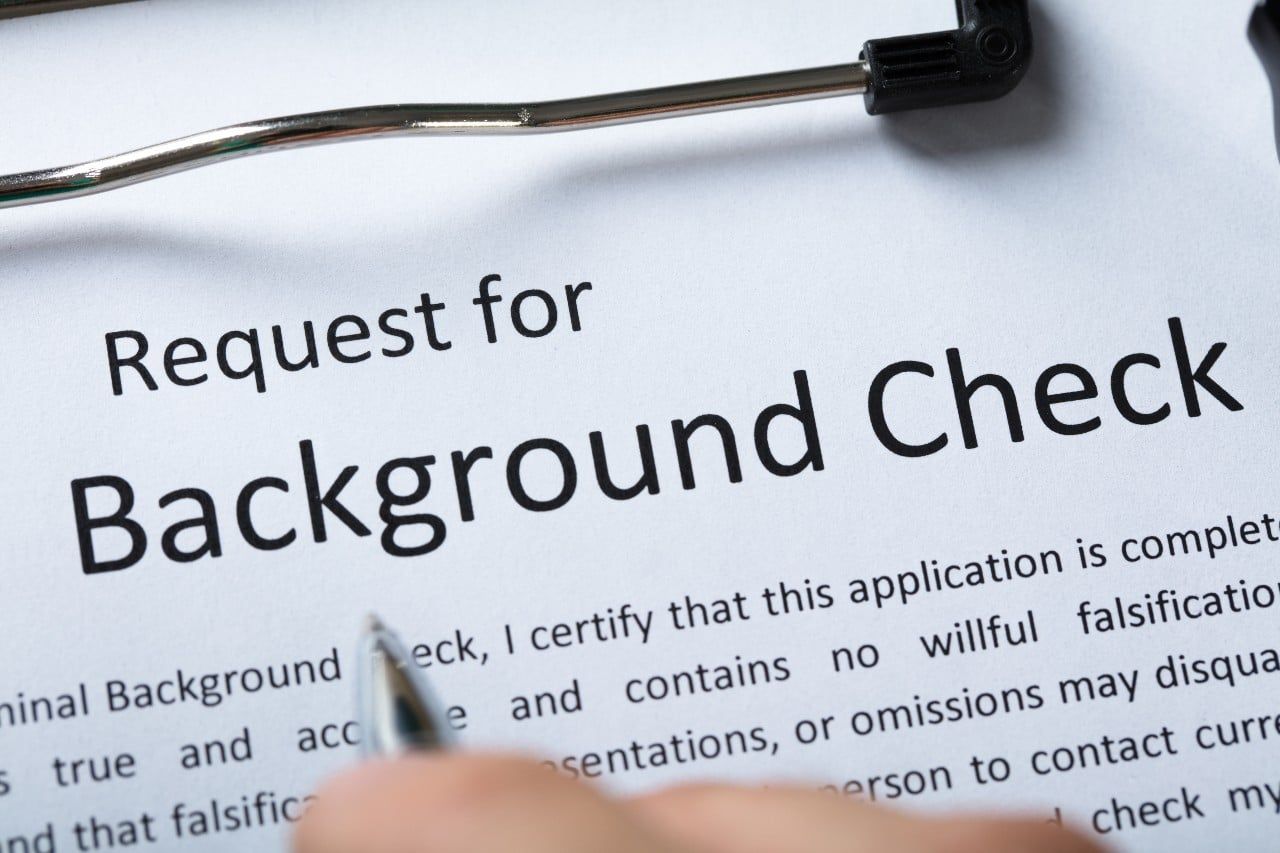 California is one of a handful of states that have worked overtime to keep up with protecting its citizen’s privacy in an atmosphere of constantly changing technology. The California Invasion of Privacy Act (CIPA) insists that all telephone calls that are recorded first obtain the permission of both the caller and/or recipient of the phone call prior to recording.
California is one of a handful of states that have worked overtime to keep up with protecting its citizen’s privacy in an atmosphere of constantly changing technology. The California Invasion of Privacy Act (CIPA) insists that all telephone calls that are recorded first obtain the permission of both the caller and/or recipient of the phone call prior to recording.
California call recording laws are not discriminatory as to whether the phone call is made from or to a cell phone number or a standard telephone. Regardless of technological advancement, citizens have a right to privacy.
California call recording laws are also not discriminatory as to whether the phone call is inbound – made by the California resident to an out-of-state business customer service line for instance – or outbound – received by a California resident by a business.
According to CIPA, the bottom line is that it is an invasion of privacy to be recorded without the express permission of both parties to a phone call. Only 11 other states have passed laws of this nature in the U.S. – Washington, Massachusetts, Pennsylvania, New Hampshire, Montana, Illinois, Florida, Maryland, Delaware, Connecticut, and Nevada.
AMF Bowling
AMF Bowling may be one of a handful of alleged violators of the California call recording laws. Class action attorneys are investigating whether AMF may have recorded customer service phone calls from California customers without warning. Even if the purpose of AMF’s recordings were to offer improvement training for customer service employees, it is still against the law to record calls without permission.
The employer must even have consent of the employee involved in this telephone transaction. Other potential violators of CIPA currently under investigation are Aero Mexico, TGI Friday’s, Baja Fresh, Casino Royale of Las Vegas, Teva, and Miele.
California Call Recording Laws are Expensive to Violate
According to Law360, CIPA violations can cost a company up to a $5,000 penalty per infraction. In aggregate terms, these penalties can add up to millions in liabilities if several inbound or outbound phone calls are illegally monitored through recording on a weekly basis.
There is no basis in CIPA that states the contents of the conversation have to be of a confidential nature or harmful in nature toward the person violated to be able to be prosecuted.
In the interest of clarity, it should be noted that if, while making a customer service phone call to a business, a California resident hears a recording warning that the phone call may be recorded for ‘quality purposes’, the caller should hang up if they don’t want to be recorded. It is not considered a violation of CIPA if a caller is warned and stays on the line. In this case, the action of staying on the line to complete the phone call after being warned is considered implied consent.
Join a FREE California Call Recording Class Action Lawsuit Investigation
If you live in California and you did not receive a warning when calling a toll-free number, your call may have been recorded in violation of California law, and you may be entitled to compensation. See if you qualify to file a California call recording class action lawsuit.
ATTORNEY ADVERTISING
Top Class Actions is a Proud Member of the American Bar Association
LEGAL INFORMATION IS NOT LEGAL ADVICE
Top Class Actions Legal Statement
©2008 – 2025 Top Class Actions® LLC
Various Trademarks held by their respective owners
This website is not intended for viewing or usage by European Union citizens.














